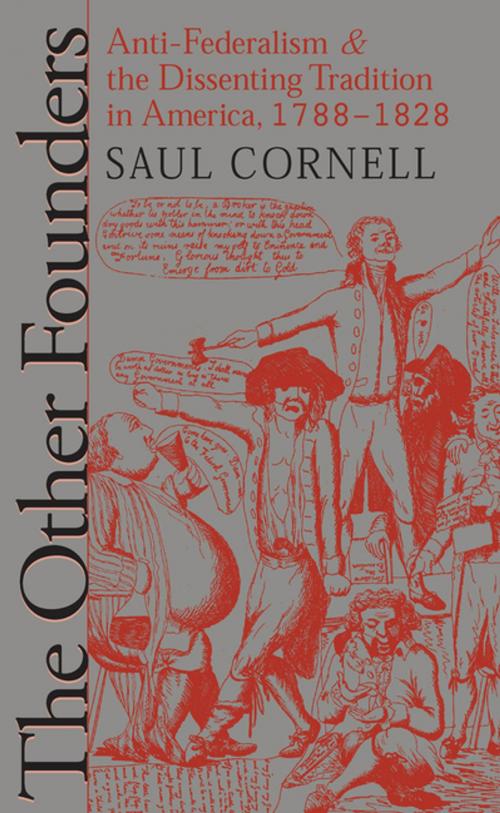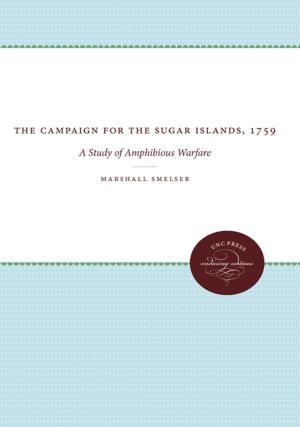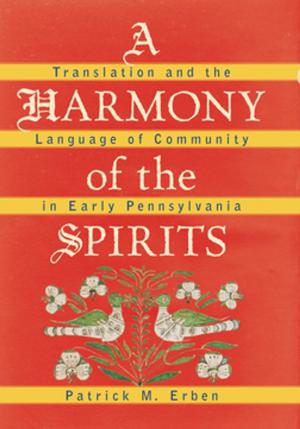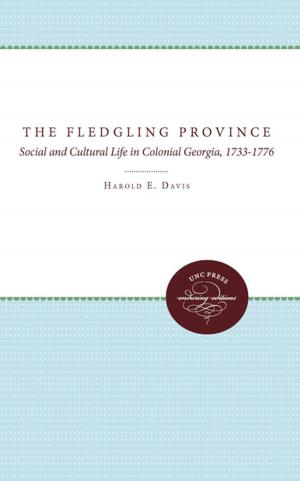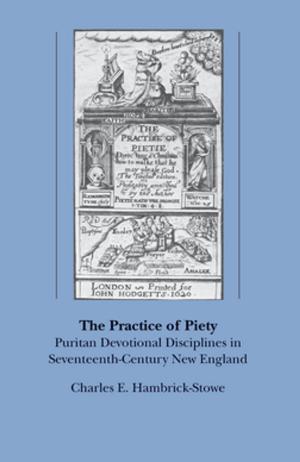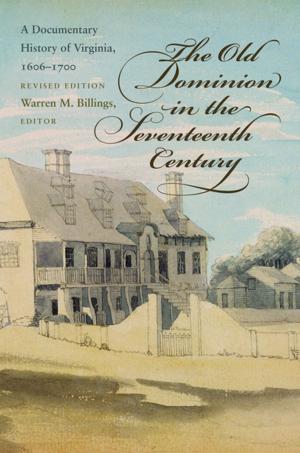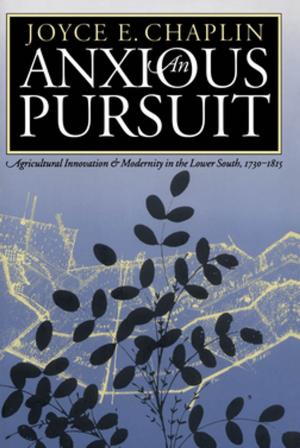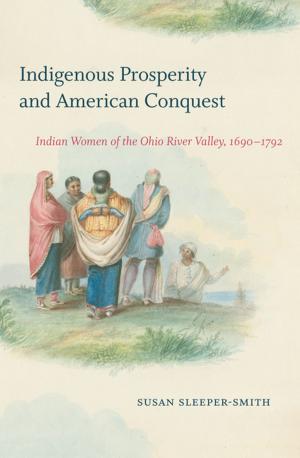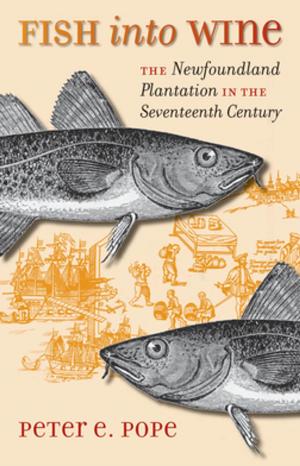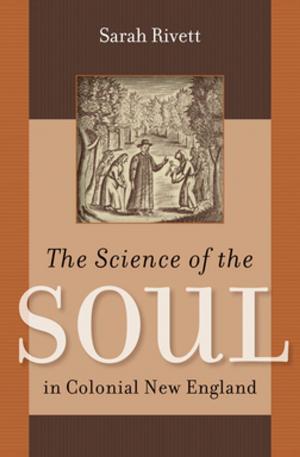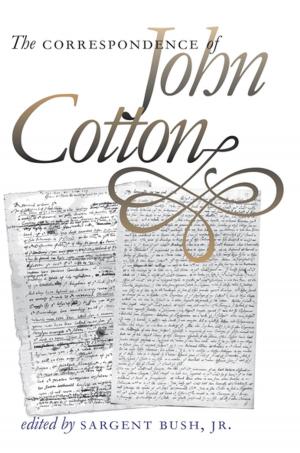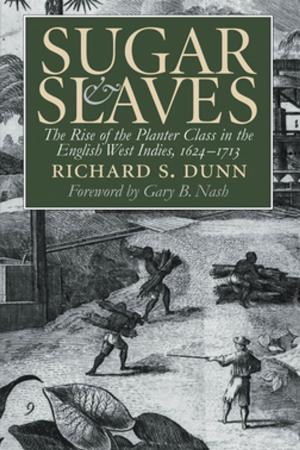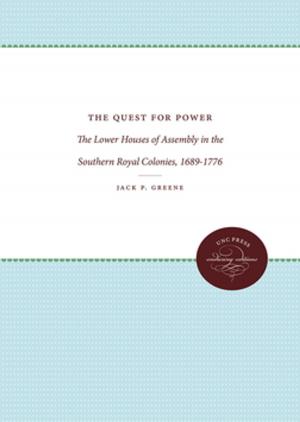The Other Founders
Anti-Federalism and the Dissenting Tradition in America, 1788-1828
Nonfiction, History, Americas, United States, Revolutionary Period (1775-1800), Social & Cultural Studies, Political Science| Author: | Saul Cornell | ISBN: | 9780807839218 |
| Publisher: | Omohundro Institute and University of North Carolina Press | Publication: | December 1, 2012 |
| Imprint: | Omohundro Institute and University of North Carolina Press | Language: | English |
| Author: | Saul Cornell |
| ISBN: | 9780807839218 |
| Publisher: | Omohundro Institute and University of North Carolina Press |
| Publication: | December 1, 2012 |
| Imprint: | Omohundro Institute and University of North Carolina Press |
| Language: | English |
Fear of centralized authority is deeply rooted in American history. The struggle over the U.S. Constitution in 1788 pitted the Federalists, supporters of a stronger central government, against the Anti-Federalists, the champions of a more localist vision of politics. But, argues Saul Cornell, while the Federalists may have won the battle over ratification, it is the ideas of the Anti-Federalists that continue to define the soul of American politics.
While no Anti-Federalist party emerged after ratification, Anti-Federalism continued to help define the limits of legitimate dissent within the American constitutional tradition for decades. Anti-Federalist ideas also exerted an important influence on Jeffersonianism and Jacksonianism. Exploring the full range of Anti-Federalist thought, Cornell illustrates its continuing relevance in the politics of the early Republic.
A new look at the Anti-Federalists is particularly timely given the recent revival of interest in this once neglected group, notes Cornell. Now widely reprinted, Anti-Federalist writings are increasingly quoted by legal scholars and cited in Supreme Court decisions--clear proof that their authors are now counted among the ranks of America's founders.
Fear of centralized authority is deeply rooted in American history. The struggle over the U.S. Constitution in 1788 pitted the Federalists, supporters of a stronger central government, against the Anti-Federalists, the champions of a more localist vision of politics. But, argues Saul Cornell, while the Federalists may have won the battle over ratification, it is the ideas of the Anti-Federalists that continue to define the soul of American politics.
While no Anti-Federalist party emerged after ratification, Anti-Federalism continued to help define the limits of legitimate dissent within the American constitutional tradition for decades. Anti-Federalist ideas also exerted an important influence on Jeffersonianism and Jacksonianism. Exploring the full range of Anti-Federalist thought, Cornell illustrates its continuing relevance in the politics of the early Republic.
A new look at the Anti-Federalists is particularly timely given the recent revival of interest in this once neglected group, notes Cornell. Now widely reprinted, Anti-Federalist writings are increasingly quoted by legal scholars and cited in Supreme Court decisions--clear proof that their authors are now counted among the ranks of America's founders.
